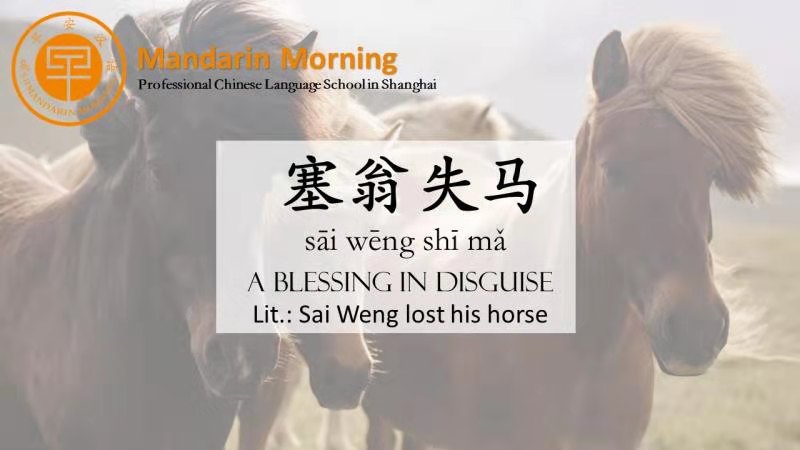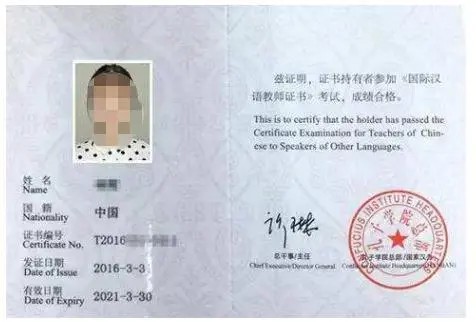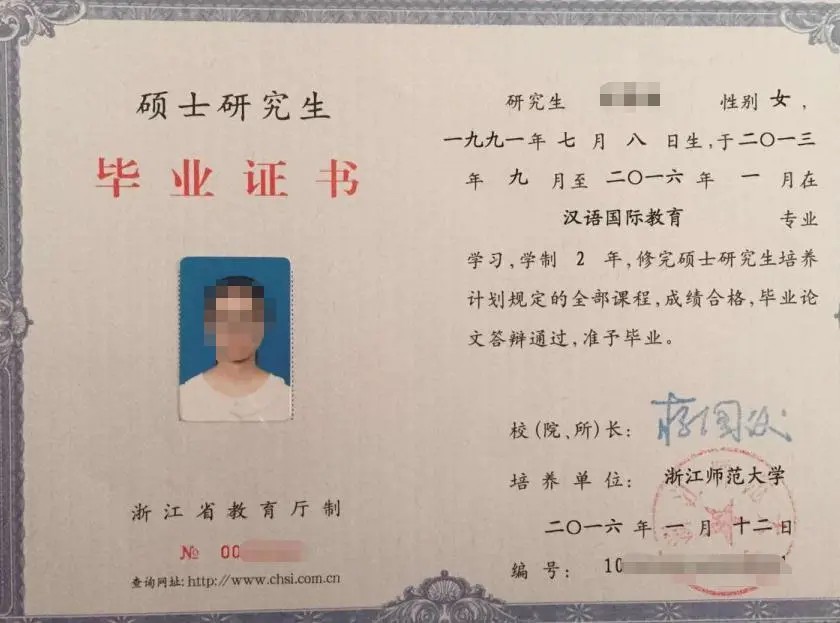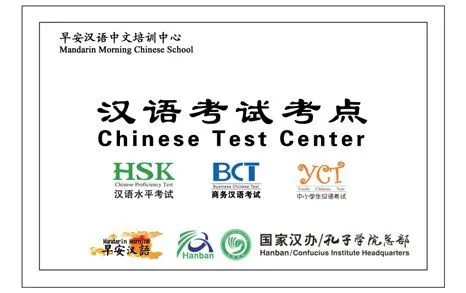Today we are talking about the Chengyu 塞翁失马 (sāi wēng shī mǎ), which means Sai Weng lost his horse. The horse is an important motif in Chinese culture and, in particular, Chinese mythology. In addition to the very real contributions made to China by the horse as a means of transportation to military power, the horse holds great symbolism to the Chinese. Of the twelve cycles of the Chinese zodiac, the seventh is associated with the horse. The horse is also a famous symbol within mythological composite creatures like the longma or dragon-horse, which was associated with one of the legendary sage rulers. One of the most famous horse proverbs is 塞翁失马 (sāi wēng shī mǎ) or Sāi Wēng lost his horse. The meaning of the proverb is only apparent when one is familiar with the accompanying story of Sāi Wēng, which begins with an old man who lived on the frontier: Sāi Wēng lived on the border and he raised horses for a living. One day, he lost one of his prized horses. After hearing of the misfortune, his neighbor felt sorry for him and came to comfort him. But Sāi Wēng simply asked, “How could we know it is not a good thing for me?” After a while, the lost horse returned and with another beautiful horse. The neighbor came over again and congratulated Sāi Wēng on his good fortune. But Sāi Wēng simply asked, “How could we know it is not a bad thing for me?” One day, his son went out for a ride with the new horse. He was violently thrown from the horse and broke his leg. The neighbors once again expressed their condolences to Sāi Wēng, but Sāi Wēng simply said, “How could we know it is not a good thing for me?” One year later, the Emperor’s army arrived at the village to recruit all able-bodied men to fight in the war. Because of his injury, Sāi Wēng’s son could not go off to war, and was spared from certain death. The Meaning of 塞翁失马: The proverb can be read to have multiple implications when it comes to the concept of luck and fortune. The end of the story seems to suggest that every misfortune comes with a silver lining, or as we might put it in English—a blessing in disguise. But within the story is also the sense that with what at first appears to be good luck can come misfortune. Given its dual meaning, this proverb is commonly said when bad luck turns to good or when good luck turns to bad. How to use 塞翁失马: 看来失去原来的工作对你来说是“塞翁失马”啊。(Kàn lái shīqù yuánlái de gōngzuò duì nǐ lái shuō shì “sàiwēngshīmǎ” a.) – Losing your job was just a blessing in disguise. 没有得到那份工作其实是塞翁失马,因为现在我已经得到一个好得多的工作。(Méiyǒu dédào nà fèn gōngzuò qíshí shì sàiwēngshīmǎ, yīnwèi xiànzài wǒ yǐjīng dédào yīgè hǎo dé duō de gōngzuò) – Not getting that job was actually a blessing in disguise because I have now got a much better one. # Our teachers # More than 10 years teaching experience Master Degree Certificate for teaching chinese as a foreign language   # About us # Founded in 2007 Chinese test and training center 200+ Chinese teachers 5000+ students  # Contact us# Name:fiona Phone number:021-52287809,13918358891 E-mail:info@mandarinmorning.com www.mandarinmorning.com If you are interested to join Mandarin Morning school or want more details about our services, scan the following QR code. ☟   Mandarin Morning Chinese test center attached to Confucius institute headquarters Authorized Test Center and Training Center for International Chinese Language Teacher Certificater 10 years+ ,200 teachers ,more 10000 students,200+companies  |